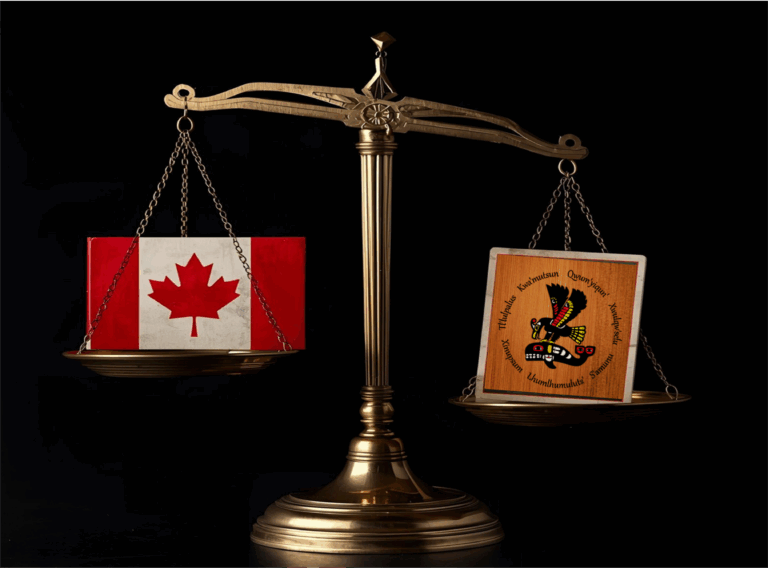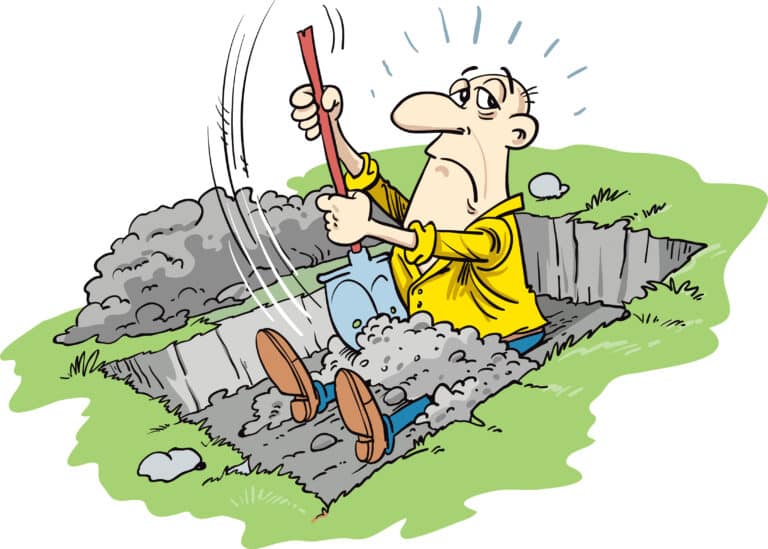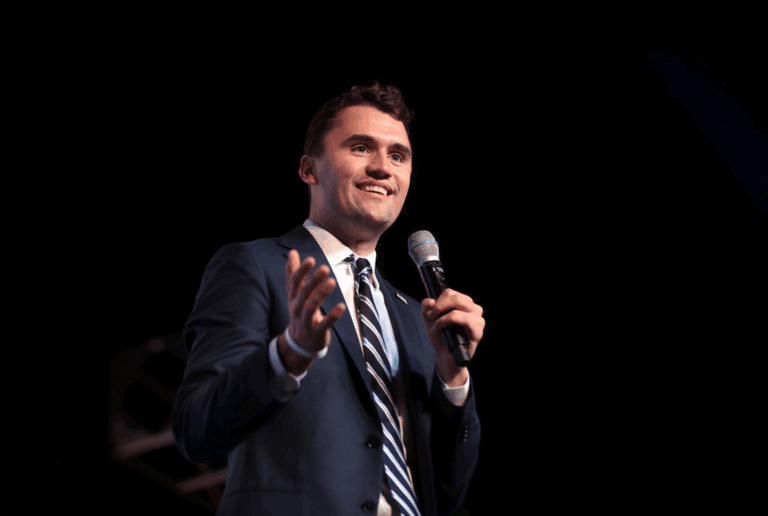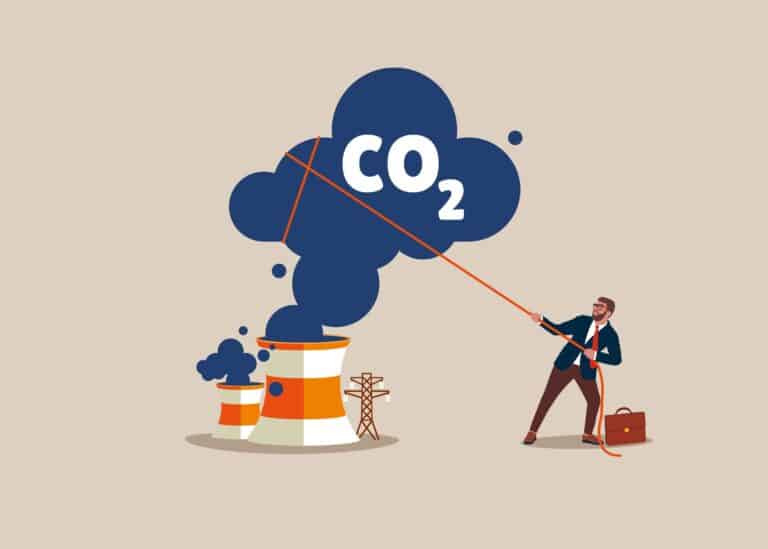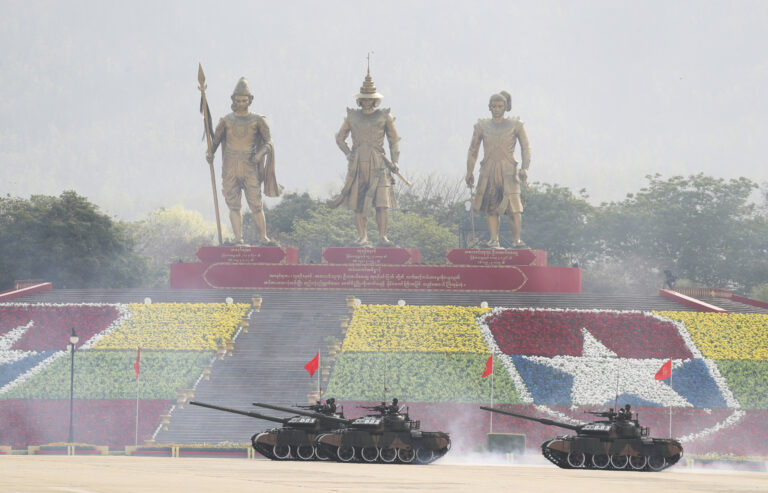Liberal Education, Civic Education, and the Canadian Regime: Past Principles and Present Challenges. David W. Livingstone, Editor.
292 pp: McGill-Queen’s University Press, 2015.
Review by Patrick Keeney
David W. Livingstone, University-College Professor of Liberal Studies and Political Studies at Vancouver Island University, has assembled an impressive collection of papers predicated on the premise that “political philosophy which begins [with] the regime in which one finds oneself broadens out into liberal education.” Taken together, these twelve papers provide both an immersion in Canadian political philosophy of education, as well as a rigourous defense of liberal learning.
Studying at the University of Dallas, Livingstone was struck by the earnestness with which his American professors insisted that students study core texts from the western tradition of thought. Their justification was that, “American citizens, to truly understand the principles of their own regime, genuinely need to know not only the story of their particular founding, but also its relationship to the great tradition of political thought that preceded and informed it.” Americans, Livingstone discovered, were in constant dialogue, not only with their American forebears, the likes of Jefferson, Franklin, Jay and Madison, but also with the long tradition of political thought which ushered in our modern civilization: Plato, Aristotle, Cicero, Bacon, Hobbes, Locke, Hume, Rousseau, Montesquieu, Sidney, Burke, et.al.
Livingstone wanted to know why Canadians have such little appreciation of their own political history. Where, for example, are the speeches of our predecessors who argued for and against Confederation? Is it possible, he wondered, that the decline of liberal education in Canadian universities is “the result of a mode of history practised in Canada that has obscured the links between our constitution and the tradition of political thought?”
McMaster University constitutional scholar Janet Ajzenstat answers in the affirmative. She notes that since the 1960s, historians have created a “strikingly new story of Canada’s origins”, one which downplays our institutional and political history and focuses instead on society and culture. Yet Canada’s “…foundations are rooted in the political philosophy of the European enlightenment, and Locke’s philosophy of liberty.” The Fathers of Confederation vigorously debated such classically liberal doctrines as the sovereignty of the people, self-government, and the unalienable rights of man. Canada remains a federal regime governed by parliamentary institutions, and we ignore our political history at our peril.
Moreover, historians frequently overlook or ignore the classic liberalism espoused by, say, Macdonald and Laurier, and promote a modern form of liberalism, one which purposefully discounts national attachments in favour of an amorphous, progressive cosmopolitanism. Our current prime minister expressed this view a few months ago when he called Canada the world’s first “post-national state”.

Like Dickens’ Mrs. Jellyby, the remote and abstract is favoured over the near and concrete. As University of Lethbridge political scientist John von Heyking notes in his contribution to Liberal Education, “Canadian higher education has been significantly influenced by Hegelian notions of progress… to the point that young in Canada seem not to be able to think in terms of anything other than progress.” Many students now believe that Canada was created as “an empty shell waiting to be filled with whatever political content Canadians chose.” In the words of Ajzenstat, this ahistoricism results from “the failure of two generations of scholars to consult and discuss our founding debates.”
This denial of history finds its analogue in university faculties and provincial departments of education, where the modern pedagogical orthodoxy is that education is best conceived in terms of abstract and generic skills. This “generic” mindset exalts the learning process over content, the educational desideratum being to ensure that the learner is equipped with the skills thought necessary to navigate life. Divorced from their own history, students, from the early years on, are set adrift on a sea of generic processes.
This process-driven pedagogy stands in stark contrast with traditional notions of the intellectual virtues required to maintain the habits of self-government. In a chapter on the late 19th century Canadian parliamentary scholar George Bourinot, von Heyking remarks that, “These abstract habits of thought prepare [students] to be passive, not active citizens accustomed to spirited political action. … This problematic habit is not merely an intellectual one but a political one.” For Bourinot, a nation such as Canada requires “independence of mind,” which “depends on the virtues and habits embodied by classical and modern models of oratory.” As Bourinot succinctly put it: “No amount of ‘practical experience’ can compensate … for ignorance of the elementary principles of political science, and of the origin, development and methods of … government.”
Liberal Education acknowledges the centrality of the Christian intellectual tradition, in both its Protestant and Catholic manifestations, in forming the Canadian intellectual tradition. Trinity Western University philosopher Grant Havers, following Marshall McLuhan and George Grant, singles out Protestant “anti-intellectualism” as among the reasons for the waning influence of classical learning. Ryan Topping, a theologian at St. Thomas University in Fredericton, suggests that “[if] Canadians wish to maintain a rights regime which is ordered by a conception of natural justice, loss of contact with the Catholic tradition of moral reasoning is likely to correspond with a flagging capacity to articulate the reasons why human life is sacred.”
Constitutional law expert Thomas Bateman, also of St. Thomas University, examines the byzantine intersection of civic culture, Charter values, the courts and education. He argues that the post-Charter courts have significantly extended the reach of the Charter, and now consider themselves not just legal decision-makers, but moral tutors, responsible for setting and enforcing social norms.
What emerges forcibly from this collection is that the maintenance of good government is fundamentally an educative task, one which demands we provide the next generation with the requisite intellectual virtues required for a self-governing people. Insofar as we are doing so, then well and fine; but insofar as we note deficiencies in our task, such as many of these authors point to, then we need to re-examine that intersection which joins history, politics, and education. For any such undertaking, this volume provides us with a very good starting place.
